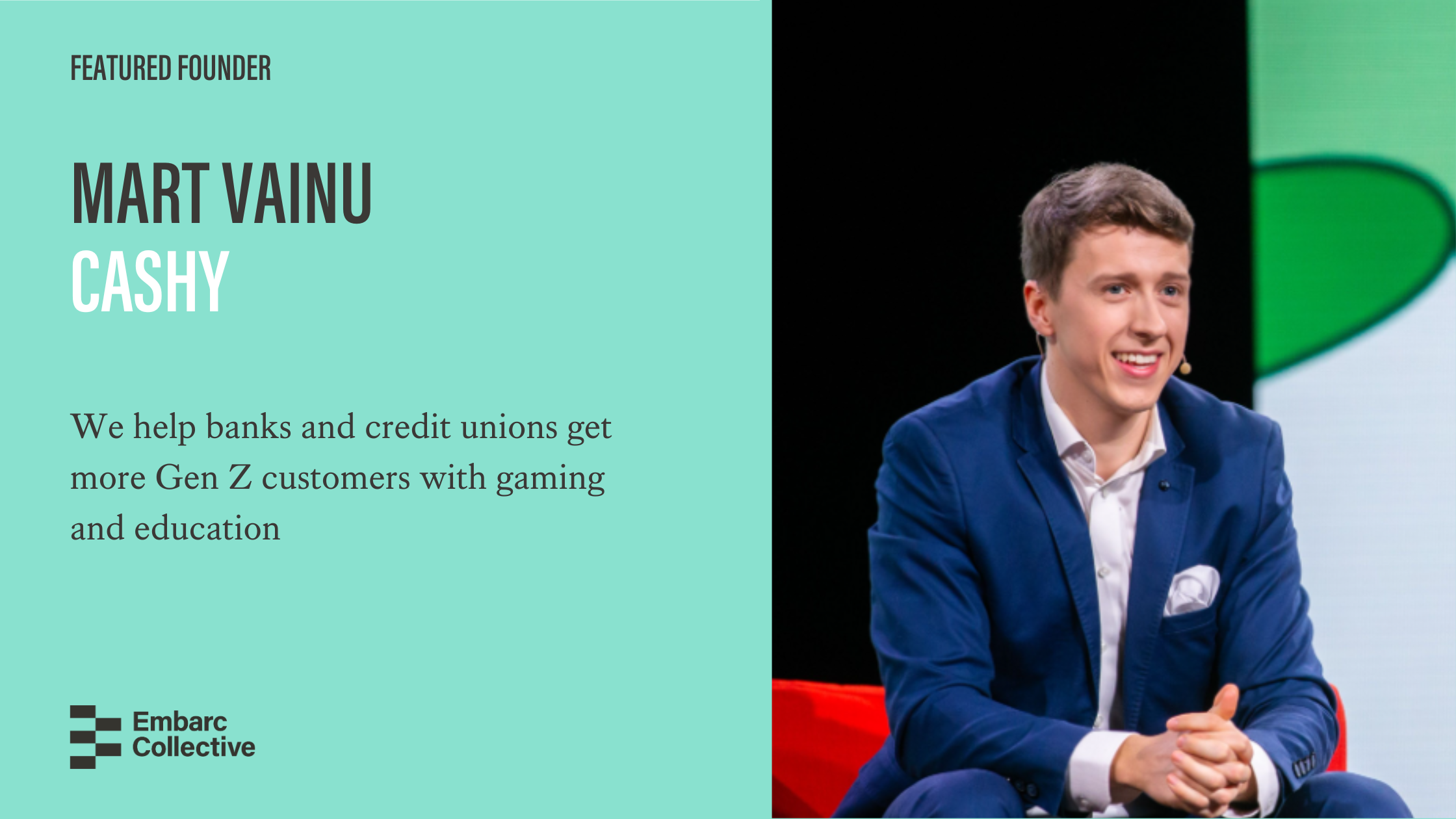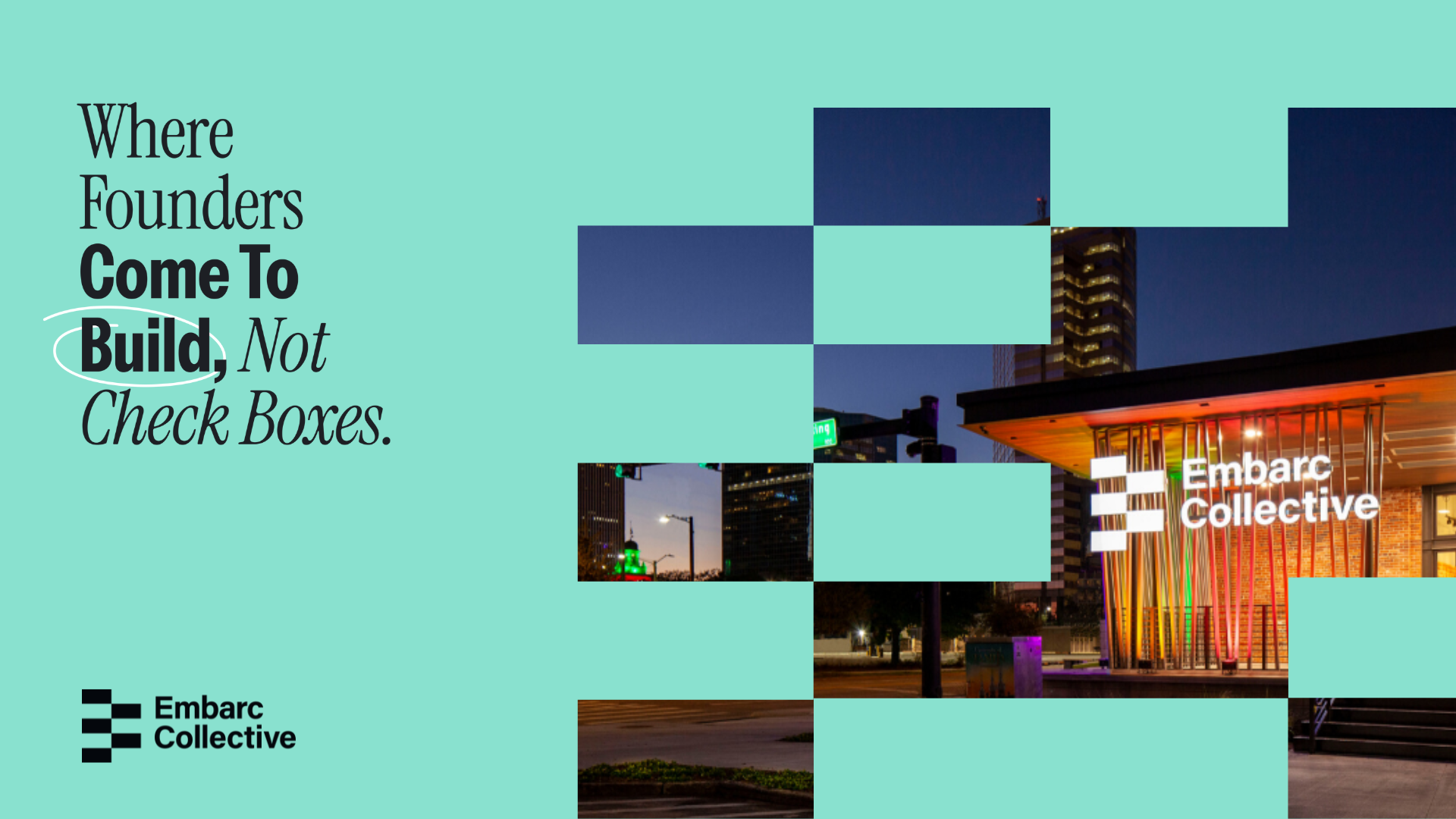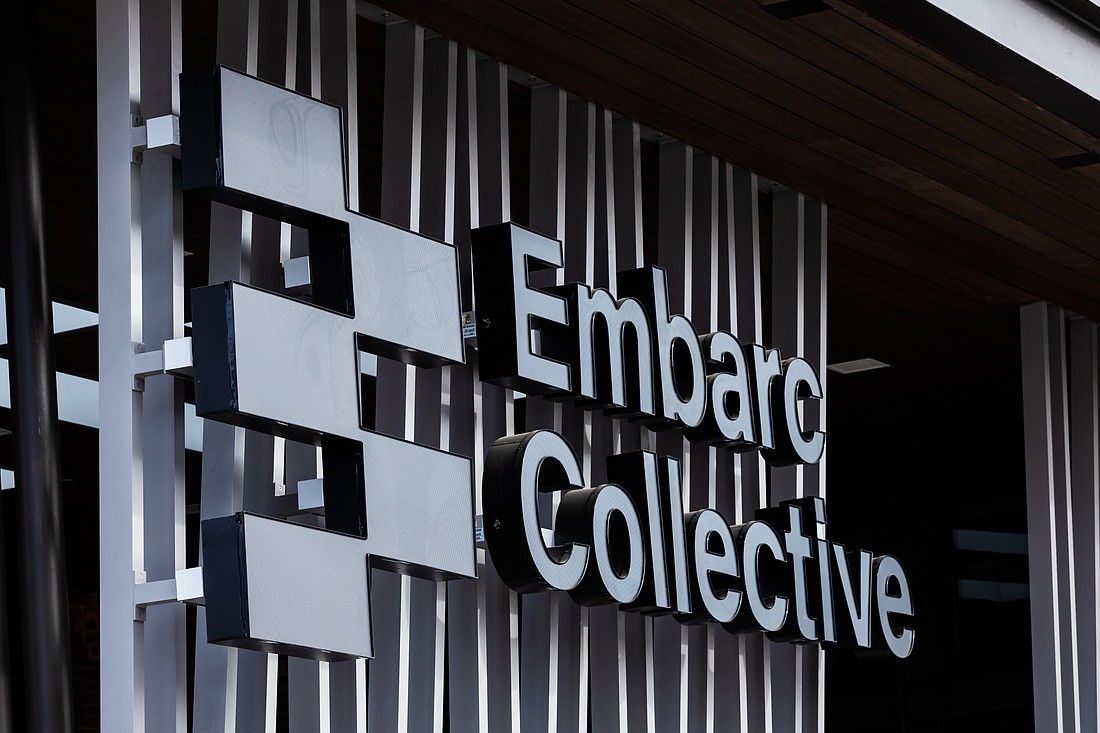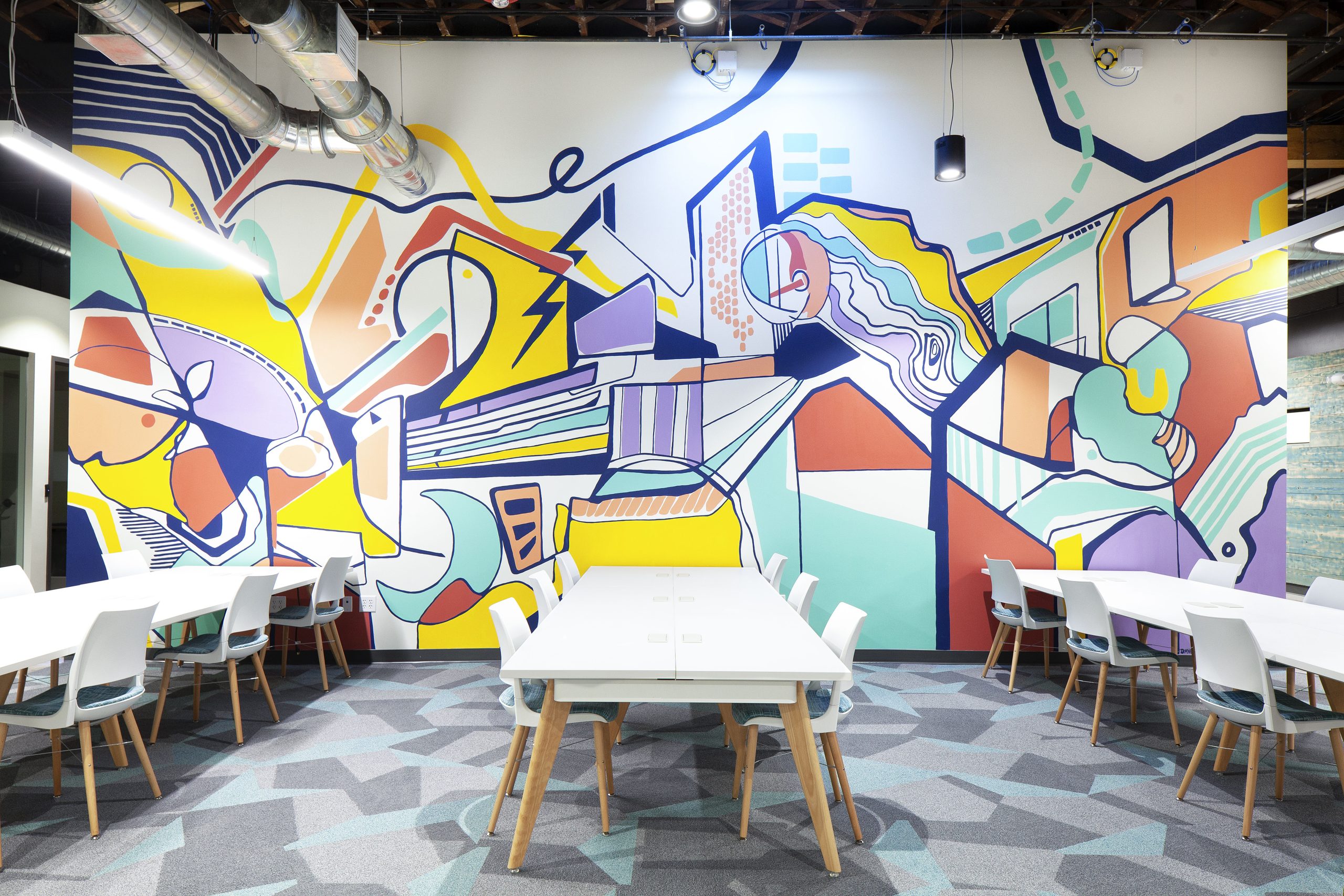Learn about upcoming events and the latest startup news—delivered to your inbox weekly.
Welcome to our Featured Founder series, where you’ll meet startup founders from Tampa-St. Petersburg who are building and scaling their ventures to solve some of the world’s greatest challenges. We interviewed Mart Vainu of Cashy, a gaming application to help banks and credit unions get more Gen Z customers with gaming and education.

What inspired you to launch your company?
Previously, I founded an online financial literacy course for Estonian high schools, now used by over a third of them. For six months, I pondered how to scale our impact from thousands to millions of students. We realized that gaming could be the answer—offering financial education in a scalable and engaging format. People love playing games, unlike taking courses, which makes it easier to reach a broader audience.
Before the financial literacy course, I started another company that provided unique corporate gifts for large companies in Estonia.
What pain point is your company solving? What gets you excited to go to work every day?
I love building companies and have always been an entrepreneur. I’ve founded one business after another, starting with side hustles when I was about 8 years old. With Cashy, we discovered two problems. First, people are interested in personal finance, but don’t have the time or energy to consume courses, articles, books, etc. At the same time, financial institutions are struggling to attract and engage Gen Z and Millennial customers. Cashy makes financial education engaging through gaming, which allows us to appeal to the younger demographics with short attention spans. By partnering with financial institutions like banks and credit unions, we’re able to solve their problem while also solving consumers’ problem. It’s a win-win.
Name the biggest challenge you faced in the process of launching the company. How did you overcome it?
In a startup, things always take longer than expected. You think you’ll launch quickly and gain traction immediately, but that’s rarely the case. Deadlines extend, and you find yourself running out of money.
For instance, you might raise funds giving you 12 months of runway, but as the months pass and you haven’t achieved your milestones, the stress mounts. At one point, we were down to just a month and a half of runway. It’s incredibly hard to be creative and optimistic under that pressure, knowing you need to solve major problems quickly.
We overcame this by focusing on acquiring customers and improving our product. As we made our product better, customers were more willing to pay for it, providing us with the necessary revenue to extend our runway. Handling stress is crucial for any founder, and being part of a community like Embarc Collective helped immensely. Sharing experiences with other founders and having access to coaches and mentors, including mental wellness coaches, made a significant difference.
Where do you see your company headed next?
Our goal is straightforward: deliver financial education to exponentially more people. We’ve impacted 200,000 people so far. Next, we aim to reach 2 million, then 20 million, and eventually 200 million.
We measure success by our annual recurring revenue, as our customers are banks, credit unions, and other financial institutions that pay annually. Our target is to grow our ARR from small amounts to substantial figures—$1 to $10, then $100, and eventually $100 million. If we’re reaching more people and improving their financial lives, it means we’re providing real value. Similarly, growing our ARR indicates that companies recognize this value and are willing to invest in our services. This dual focus on impact and revenue drives our growth strategy.
Give us a tactical piece of advice that you’d share with another founder just starting out.
First, charge money from day one. If you don’t attach a monetary value, the feedback tends to be less honest. Charging forces potential customers to evaluate the real value of your idea. For example, if you propose a price of $100 and they balk, you can dig into why—whether it’s too expensive, lacks features, or isn’t useful enough. This feedback is invaluable for refining your product.
Second, launch as early as possible. Getting something into the hands of users quickly allows you to start collecting feedback and iterating. The sooner you get real user input, the faster you can improve your product.
Finally, remember that advice isn’t one-size-fits-all. While charging from day one and launching early are generally good strategies, every situation is unique. As a founder, you need to trust your judgment and adapt based on your specific circumstances. Advisors and investors don’t always have the full picture, so it’s crucial to make decisions that feel right for your company, even if they deviate from conventional wisdom.
Why Tampa Bay?
The startup community was the biggest factor for me. Tampa Bay is becoming a major hub for startups, attracting talent from other established areas. The vibrant and expanding ecosystem here provides excellent opportunities for networking and growth.
Tampa Bay is also the right size. It’s not as overwhelming as New York City, providing a more relaxed environment while still offering all the amenities we need. I appreciate the balance of a lively community without the chaos of a massive city.
In summary, Tampa Bay offers a thriving startup community, excellent weather, a balanced lifestyle, and strategic advantages for our international operations, making it the perfect choice for us.
 Back to All Posts
Back to All Posts




